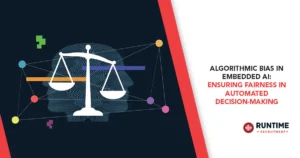
Algorithmic Bias in Embedded AI: Ensuring Fairness in Automated Decision-Making
The promise of Embedded AI (Edge AI) is autonomy and real-time efficiency. By running sophisticated models directly on local hardware—microcontrollers,

The promise of Embedded AI (Edge AI) is autonomy and real-time efficiency. By running sophisticated models directly on local hardware—microcontrollers,

The era of embedded systems—the silent, tireless workhorses in our smart homes, medical devices, and industrial control systems—is defined by
Undocumented silicon is the forbidden territory of embedded engineering. It refers to the registers, instruction sets, memory regions, or operational
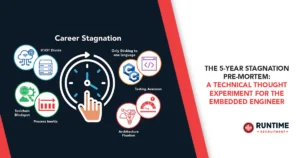
Embedded engineering is a relentless, high-stakes discipline. The core skills that make you invaluable today—deep familiarity with a specific architecture,
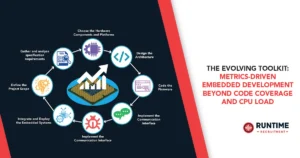
For decades, the embedded engineering world has relied on a handful of metrics as the primary indicators of system health:
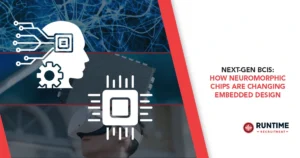
The human brain, a marvel of biological engineering, processes information with unparalleled efficiency, adaptability, and low power consumption. For decades,
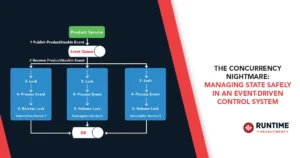
Embedded systems are undergoing a quiet revolution. Gone are the days of simple, sequential loops processing sensor inputs and toggling
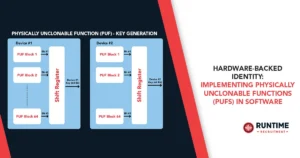
The world of embedded systems is undergoing a profound transformation. As billions of devices—from tiny IoT sensors to complex automotive
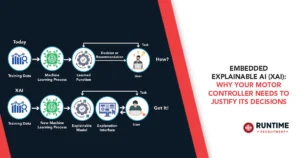
The hum of a well-tuned motor, the precise articulation of a robotic arm, the smooth acceleration of an electric vehicle

In the intricate world of embedded systems, a subtle but dangerous dance unfolds between performance and thermal stability. Engineers strive